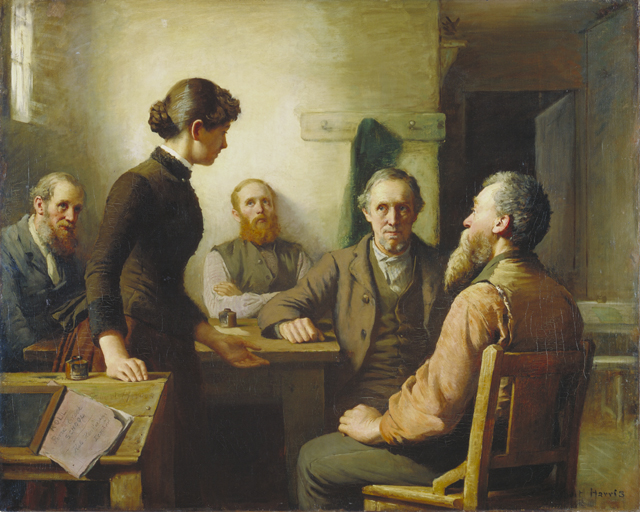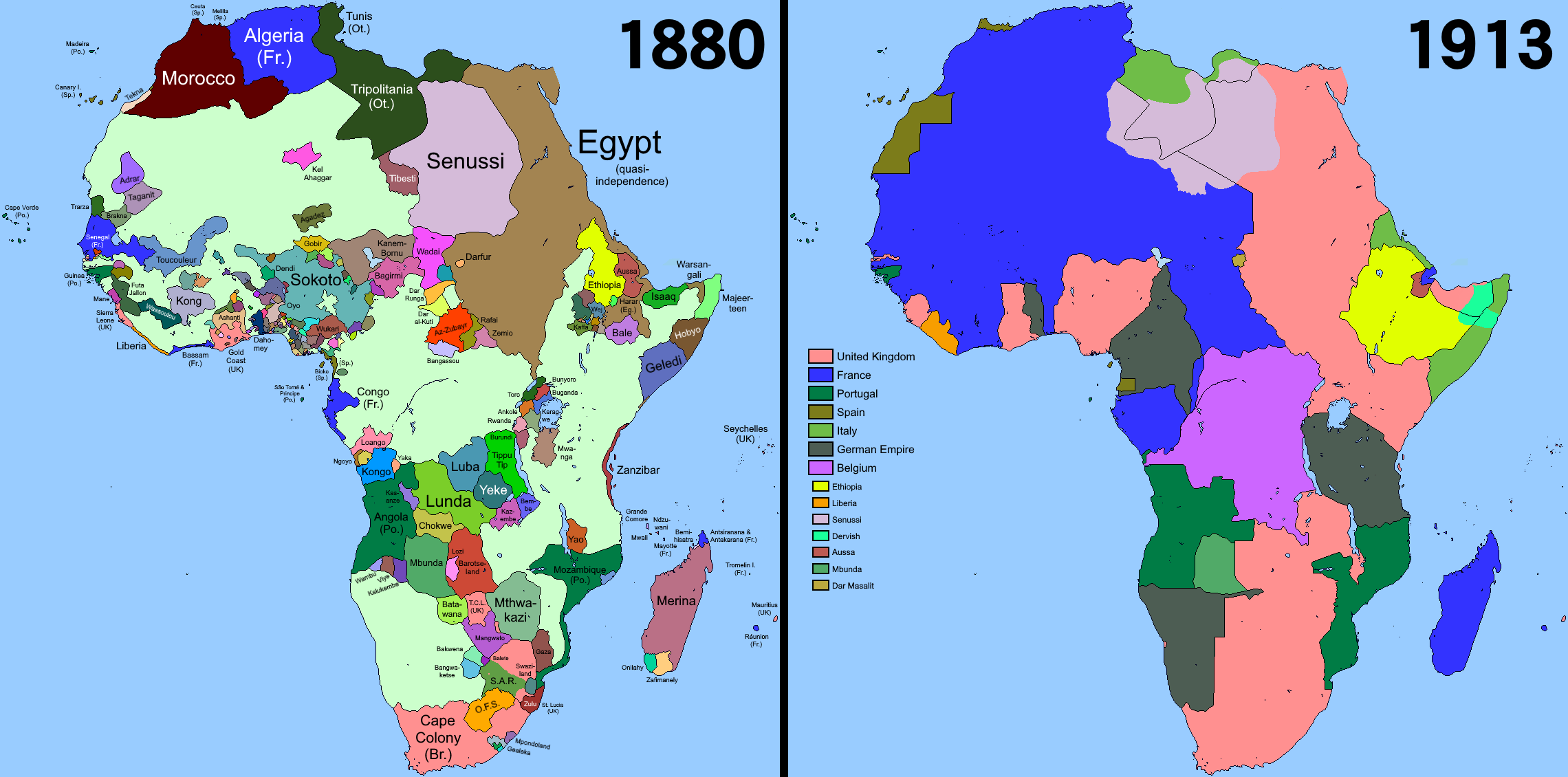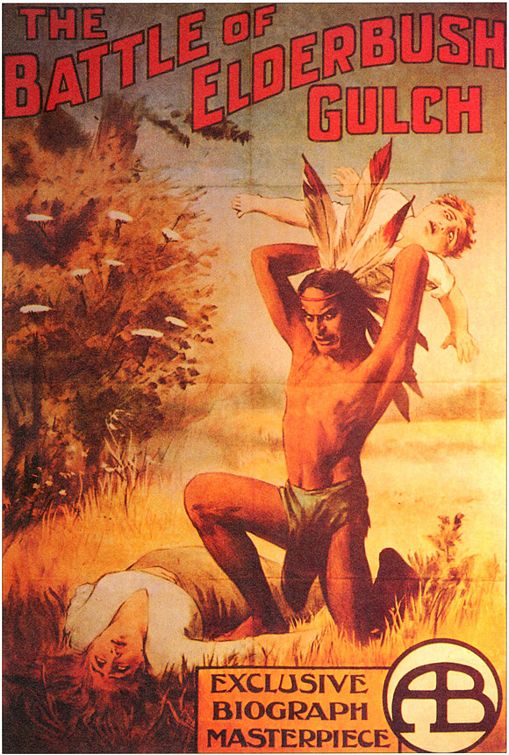|
Indigenous Decolonization
Indigenous decolonization describes ongoing theoretical and political processes whose goal is to contest and reframe narratives about indigenous community histories and the effects of colonial expansion, cultural assimilation, exploitative Western research, and often though not inherent, genocide.Smith, L. T. (1999). ''Decolonizing Methodologies: Research and Indigenous Peoples''. Zed Books. Indigenous people engaged in decolonization work adopt a critical stance towards western-centric research practices and discourse and seek to reposition knowledge within Indigenous cultural practices. The decolonial work that relies on structures of western political thought has been characterized as paradoxically furthering cultural dispossession. In this context, there has been a call for the use of independent intellectual, spiritual, social, and physical reclamation and rejuvenation even if these practices do not translate readily into political recognition. Scholars may also charact ... [...More Info...] [...Related Items...] OR: [Wikipedia] [Google] [Baidu] |
Colonialism
Colonialism is the control of another territory, natural resources and people by a foreign group. Colonizers control the political and tribal power of the colonised territory. While frequently an Imperialism, imperialist project, colonialism can also take the form of settler colonialism, whereby settlers from one or multiple colonizing metropoles occupy a territory with the intention of partially or completely supplanting the existing population. Colonialism developed as a concept describing European colonial empires of the modern era, which spread globally from the 15th century to the mid-20th century, spanning 35% of Earth's land by 1800 and peaking at 84% by the beginning of World War I. European colonialism employed mercantilism and Chartered company, chartered companies, and established Coloniality of power, coloniality, which keeps the colonized socio-economically Other (philosophy), othered and Subaltern (postcolonialism), subaltern through modern biopolitics of Heterono ... [...More Info...] [...Related Items...] OR: [Wikipedia] [Google] [Baidu] |
Decolonisation Of Africa
The decolonisation of Africa was a series of political developments in Africa that spanned from the mid-1950s to 1975, during the Cold War. Colony, Colonial governments gave way to sovereign states in a process often marred by violence, political turmoil, widespread unrest, and organised revolts. Major events in the decolonisation of Africa included the Mau Mau rebellion, the Algerian War, the Congo Crisis, the Angolan War of Independence, the Zanzibar Revolution, and the events leading to the Nigerian Civil War. History The Scramble for Africa between 1870 and 1914 was a significant period of European imperialism in Africa that ended with almost all of Africa, and its natural resources, claimed as Colony, colonies by European powers, who raced to secure as much land as possible while avoiding conflict amongst themselves. The partition of Africa was confirmed at the Berlin Conference of 1885, without regard for the existing political and social structures. Almost all the pr ... [...More Info...] [...Related Items...] OR: [Wikipedia] [Google] [Baidu] |
Genocide Of Native Americans
The destruction of Native American peoples, cultures, and languages has been characterized as genocide. Debates are ongoing as to whether the entire process or only specific periods or events meet the definitions of genocide. Many of these definitions focus on intent, while others focus on outcomes. Raphael Lemkin, who coined the term "genocide", considered the displacement of Native Americans by European settlers as a historical example of genocide. Others, like historian Gary Anderson, contend that genocide does not accurately characterize any aspect of American history, suggesting instead that ethnic cleansing is a more appropriate term. Historians have long debated the pre-European population of the Americas. In 2023, historian Ned Blackhawk suggested that Northern America's population (Including modern-day Canada and the United States) had halved from 1492 to 1776 from about 8 million people (all Native American in 1492) to under 4 million (predominantly white in 1776). ... [...More Info...] [...Related Items...] OR: [Wikipedia] [Google] [Baidu] |
Survivance
Survivance is a critical term in Native American studies. History Survivance was originally a legal term, but fell out of use in the 18th century. It was also borrowed from the French term 'survivance' in other contexts. Usage It was first employed in the context of Native American studies by the Anishinaabe cultural theorist Gerald Vizenor, in his 1993 book ''Manifest Manners: Narratives on Postindian Survivance''.Gerald Vizenor, Manifest Manners: Narratives on Postindian Survivance' (Lincoln: Nebraska, 1999) There he explains that "Survivance is an active sense of presence, the continuance of native stories, not a mere reaction, or a survivable name. Native survivance stories are renunciations of dominance, tragedy and victimry".Vizenor (1999), p. vii Vizenor makes the term, which is deliberately imprecise, the cornerstone of his an ... [...More Info...] [...Related Items...] OR: [Wikipedia] [Google] [Baidu] |
Gerald Vizenor
Gerald Robert Vizenor (born 1934) is an American writer and scholar, and an enrolled member of the Minnesota Chippewa Tribe, White Earth Reservation. Vizenor also taught for many years at the University of California, Berkeley, where he was Director of Native American Studies. With more than 30 books published, Vizenor is Professor Emeritus at the University of California, Berkeley, and Professor of American Studies at the University of New Mexico. Early life Gerald Vizenor was born to a mother who was Swedish-American and a father who was Anishinaabe. When he was less than two years old, his father was murdered in a homicide that was never solved. He was raised by his mother and paternal Anishinaabe grandmother, along with a succession of paternal uncles, in Minneapolis and on the White Earth Reservation. His mother's partner acted as his informal stepfather and primary caregiver. Following that man's death in 1950, Vizenor lied about his age and at 15 entered the Minnesota ... [...More Info...] [...Related Items...] OR: [Wikipedia] [Google] [Baidu] |
Marie Battiste
Marie Ann Battiste (born September 30, 1949) is an author and educator working as a professor in Canada at the University of Saskatchewan in the Department of Educational Foundations. Early life and education Battiste was born and raised in Houlton, Maine, the daughter of Mi'kmaq parents John and Annie Battiste from the Potlotek First Nation in Nova Scotia. She attended Houlton High School, graduating in 1967. From there she went on to the University of Maine graduating from the Farmington campus in 1971 with her teaching certificate and a bachelor of science in both elementary and junior high education. She went on to attend Harvard University graduating in 1974 with a master of education in administration and social policy as well as Stanford University, where in 1984 she graduated with a doctor of education in curriculum and teacher education. Work After graduating from the University of Maine in 1971 Battiste went on to work at the Maine Indian Education Council where she in ... [...More Info...] [...Related Items...] OR: [Wikipedia] [Google] [Baidu] |
Traditional Knowledge
Traditional knowledge (TK), indigenous knowledge (IK), folk knowledge, and local knowledge generally refers to knowledge systems embedded in the cultural traditions of regional, indigenous, or local communities. Traditional knowledge includes types of knowledge about traditional technologies of areas such as subsistence (e.g. tools and techniques for hunting or agriculture), midwifery, ethnobotany and ecological knowledge, traditional medicine, celestial navigation, craft skills, ethnoastronomy, climate, and others. These systems of knowledge are generally based on accumulations of empirical observation of and interaction with the environment, transmitted orally across generations. The World Intellectual Property Organization (WIPO) and the United Nations (UN) include traditional cultural expressions (TCE) in their respective definitions of indigenous knowledge. Traditional knowledge systems and cultural expressions exist in the forms of culture, stories, legends, folklor ... [...More Info...] [...Related Items...] OR: [Wikipedia] [Google] [Baidu] |
Stereotypes Of Indigenous Peoples Of Canada And The United States
Stereotypes of Indigenous peoples of Canada and the United States of America include many ethnic stereotypes found worldwide which include historical misrepresentations and the oversimplification of hundreds of Indigenous cultures. Negative stereotypes are associated with prejudice and discrimination that continue to affect the lives of Indigenous peoples. Indigenous peoples of the Americas are commonly called Native Americans in the United States (excluding Alaskan and Hawaiian Natives) or First Nations people (in Canada). The Circumpolar peoples of the Americas, often referred to by the English term Eskimo, have a distinct set of stereotypes. Eskimo itself is an exonym, deriving from phrases that Algonquin tribes used for their northern neighbors, in Canada the term Inuit is generally preferred, while Alaska Natives is used in the United States. It is believed that some portrayals of Natives, such as their depiction as bloodthirsty savages have disappeared. However, most ... [...More Info...] [...Related Items...] OR: [Wikipedia] [Google] [Baidu] |
Cultural Assimilation Of Native Americans
A series of efforts were made by the United States to assimilate Native Americans into mainstream European–American culture between the years of 1790 and the 1960s. George Washington and Henry Knox were first to propose, in the American context, the cultural assimilation of Native Americans. They formulated a policy to encourage the so-called " civilizing process". With increased waves of immigration from Europe, there was growing public support for education to encourage a standard set of cultural values and practices to be held in common by the majority of citizens. Education was viewed as the primary method in the acculturation process for minorities. Americanization policies were based on the idea that when Indigenous people learned customs and values of the United States, they would be able to merge tribal traditions with American culture and peacefully join the majority of the society. After the end of the Indian Wars, in the late 19th and early 20th centuries, the f ... [...More Info...] [...Related Items...] OR: [Wikipedia] [Google] [Baidu] |
Colonization
475px, Map of the year each country achieved List of sovereign states by date of formation, independence. Colonization (British English: colonisation) is a process of establishing occupation of or control over foreign territories or peoples for the purpose of cultivation, exploitation, trade and possibly settlement, setting up coloniality and often colonies. Colonization is commonly pursued and maintained by, but distinct from, imperialism, mercantilism, or colonialism. The term "colonization" is sometimes used synonymously with the word "settling", as with colonisation in biology. Settler colonialism is a type of colonization structured and enforced by the settlers directly, while their or their ancestors' metropolitan country ('' metropole'') maintains a connection or control through the settler's activities. In settler colonization, a minority group rules either through the assimilation or oppression of the existing inhabitants, or by establishing itself as the de ... [...More Info...] [...Related Items...] OR: [Wikipedia] [Google] [Baidu] |
Oppression
Oppression is malicious or unjust treatment of, or exercise of power over, a group of individuals, often in the form of governmental authority. Oppression may be overt or covert, depending on how it is practiced. No universally accepted model or terminology has yet emerged to describe oppression in its entirety, although some scholars cite evidence of different types of oppression, such as social oppression, cultural, political, religious/belief, institutional oppression, and economic oppression. Authoritarian oppression The word ''oppress ''comes from the Latin ''oppressus'', past participle of ''opprimere'', ("to press against", "to squeeze", "to suffocate"). Thus, when authoritarian governments use oppression to subjugate the people, they want their citizenry to feel that "pressing down", and to live in fear that if they displease the authorities they will, in a metaphorical sense, be "squeezed" and "suffocated". Such governments oppress the people using restriction, con ... [...More Info...] [...Related Items...] OR: [Wikipedia] [Google] [Baidu] |
Structural Discrimination
A structure is an arrangement and organization of interrelated elements in a material object or system, or the object or system so organized. Material structures include man-made objects such as buildings and machines and natural objects such as biological organisms, minerals and chemicals. Abstract structures include data structures in computer science and musical form. Types of structure include a hierarchy (a cascade of one-to-many relationships), a network featuring many-to-many links, or a lattice featuring connections between components that are neighbors in space. Load-bearing Buildings, aircraft, skeletons, anthills, beaver dams, bridges and salt domes are all examples of load-bearing structures. The results of construction are divided into buildings and non-building structures, and make up the infrastructure of a human society. Built structures are broadly divided by their varying design approaches and standards, into categories including building structu ... [...More Info...] [...Related Items...] OR: [Wikipedia] [Google] [Baidu] |







